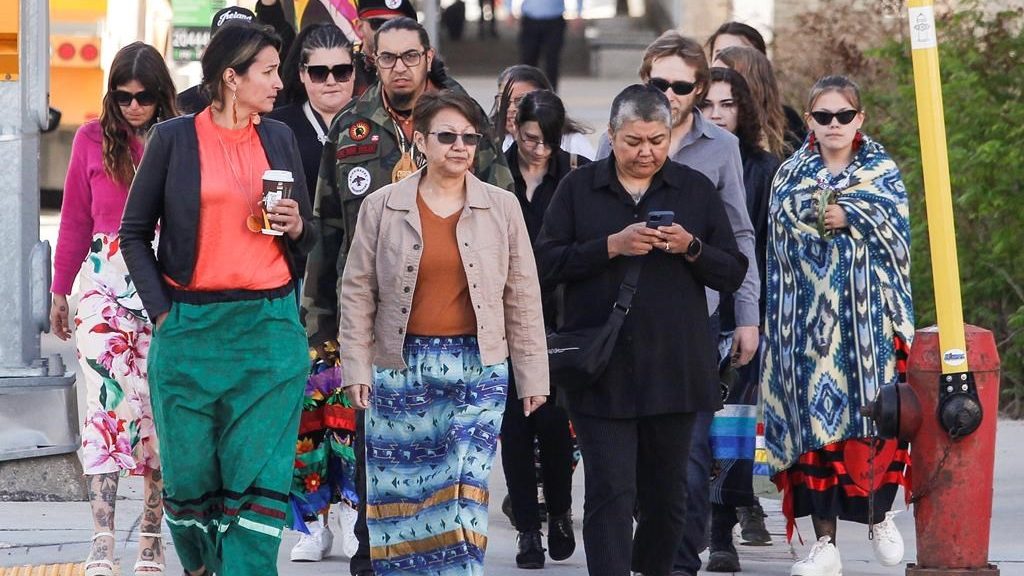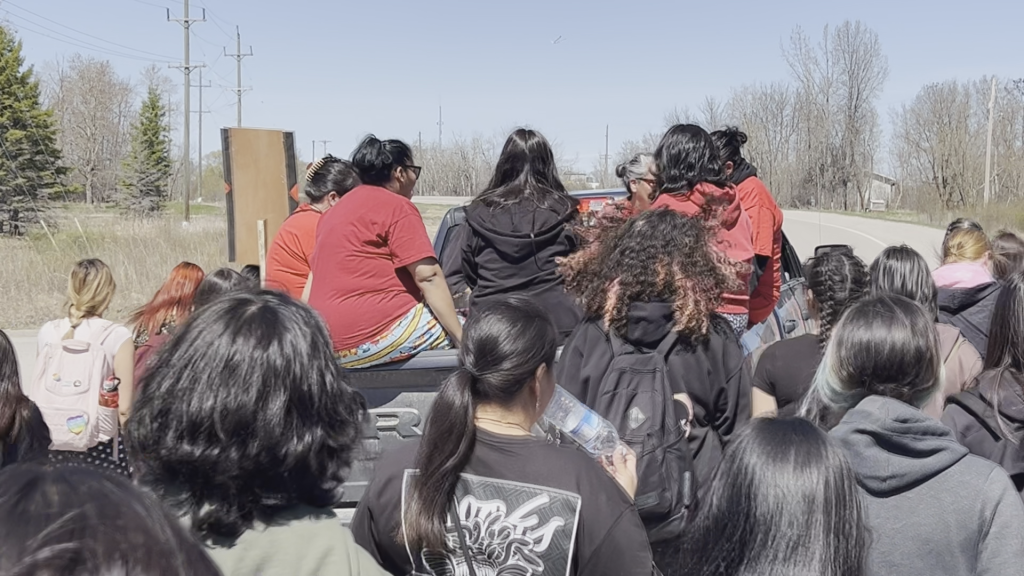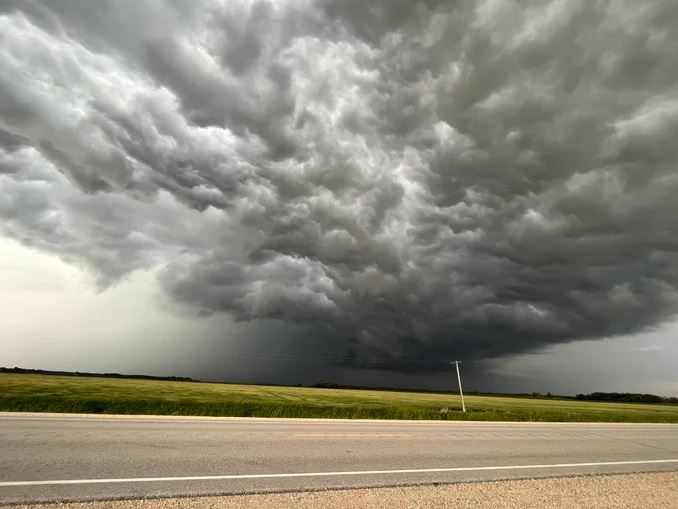Manitoba facing ballooning deficit forecast at $1.6B
Posted December 5, 2023 12:25 pm.
Last Updated December 5, 2023 7:01 pm.
The Manitoba government’s deficit has shot up sharply, due to a combination of higher spending and lower revenues.
“This is one of the worst deficits our province has ever seen in non-pandemic times. You should have heard about this before you casted your ballots this year,” said Premier Wab Kinew.
The deficit this year, originally pegged at $363 million, is now forecast to end up at $1.6 billion.
The news coming in the province’s 2023-24 second-quarter report covering the government’s finances until Sept. 30, just days before Manitobans went to the polls to choose a new government.
The current government is claiming the PCs spent recklessly, and when budgeting did not account for factors such as inflation, below-than-expected revenue from Manitoba Hydro, and fewer tax dollars to the government due to a slowing economy, all while not factoring in the cost of unapproved capital projects.
The Crown-owned utility was expecting a profit this year but changed its outlook to a loss after a dry summer reduced power-generating water levels.
“They failed to plan and show fiscal responsibility as needed. They also clearly attempted to obscure what was happening here with our fiscal situation,” said Adrien Sala, Manitoba Minister of Finance.
Former Premier and leader of the PC Party, Heather Stefanson, during a scrum Tuesday following Question Period said she takes no responsibility for the increase in deficit and says the government is playing politics by releasing the quarterly report earlier than usual.
“Well, this is a very serious problem for the people of Manitoba and for this province,” said Malcolm Bird, Political Science Professor at the University of Winnipeg.
Bird says this may signal that the provincial government may not be able to fulfill all of its campaign promises and may even have to show some fiscal restraint when it comes to negotiating public-sector wages.
“This is what governments do, they have to make very difficult choices with scarce resources and to try to meet unlimited and often times very legitimate important demands from various groups of people.”
Despite the financial pressure, the government says they are committed to fulfilling their campaign promises.
“There’s no easy solution here. I think governments need to start to look at increasing revenues. We’ve had huge tax cuts over the last seven years and frankly, I don’t think they are sustainable. They are very unfair. They give the most to the people who are best off in society who are doing well,” said Jesse Hajer, an assistant professor in economics and labour studies at the University of Manitoba.
The province says a third-party audit of the previous government’s spending is already underway. The government is expected to release its mid-year fiscal update in the coming weeks.
“We are not blaming Premier Wab Kinew for this, but the problem is that he has inherited this mess. He’s now in charge, it’s his job to fix it. More money is wasted on debt interest payments when that debt goes up because of the deficit and not on things the government should be spending on such as roads and hospitals,” said Gage Haubrich, Prairie Director of the Canadian Taxpayers Federation.
On the spending side, expenses are running higher, driven in part by inflation, new health-care costs, and recent collective agreements in the public sector.
There are also signs of a weaker economy, as personal and corporate income taxes are lower than expected.
-With files from the Canadian Press








